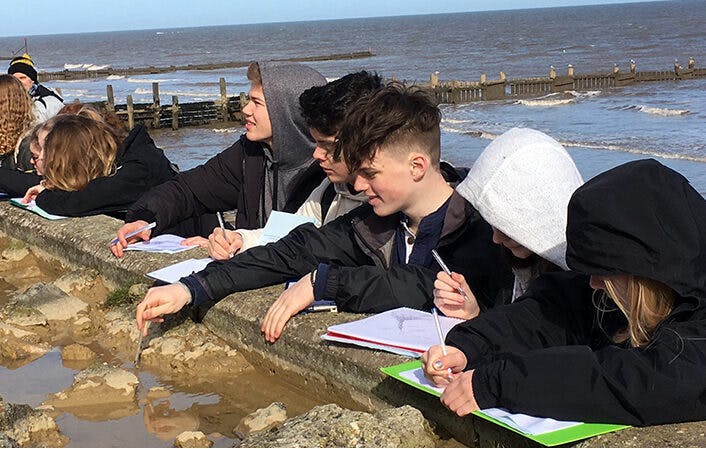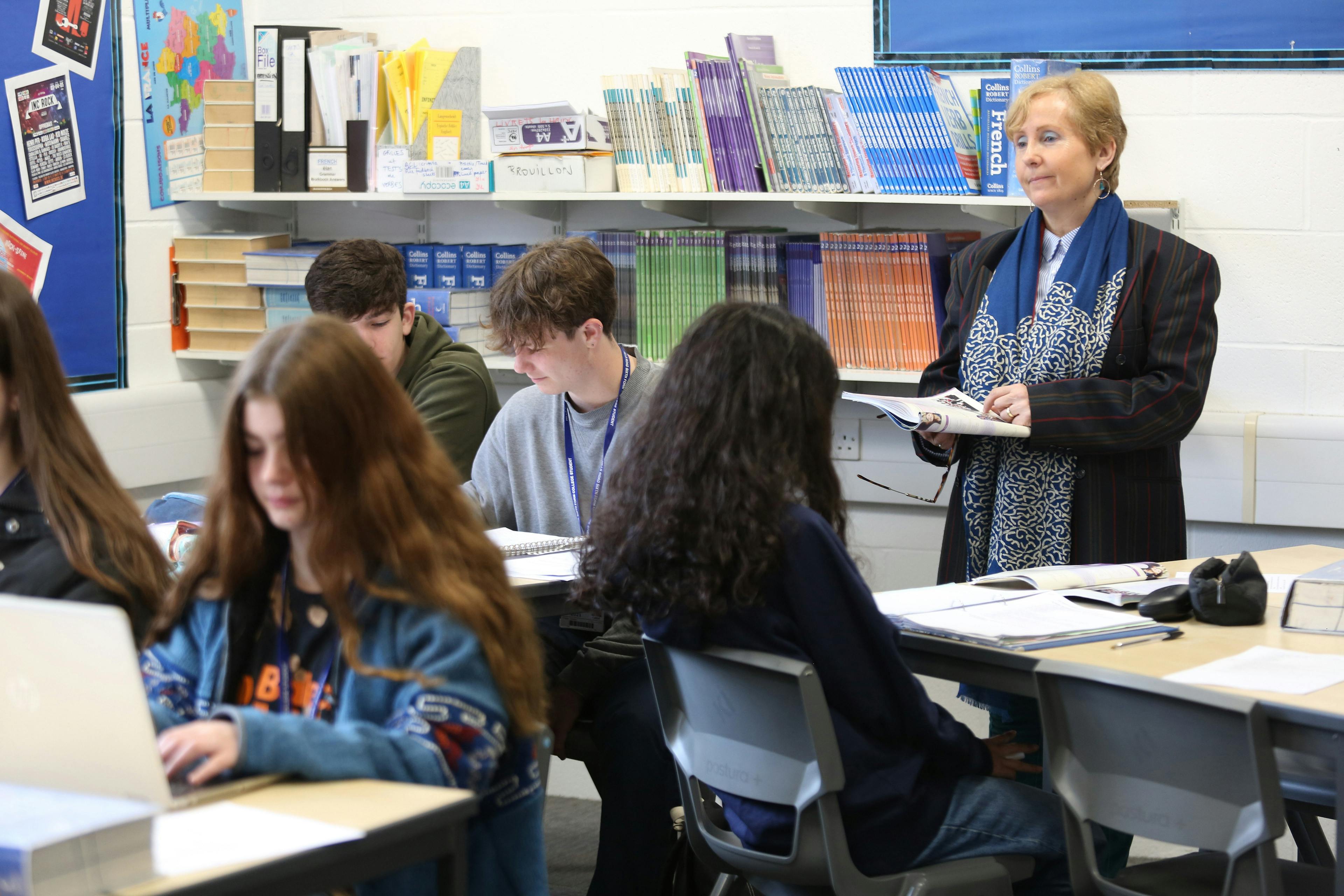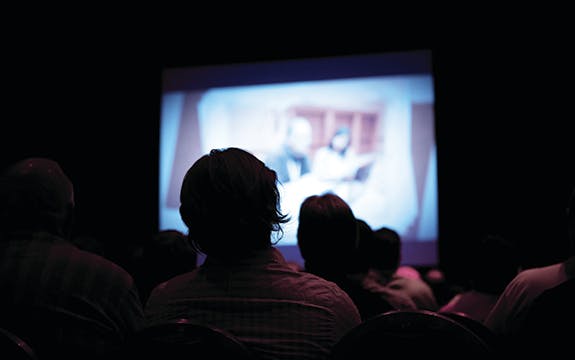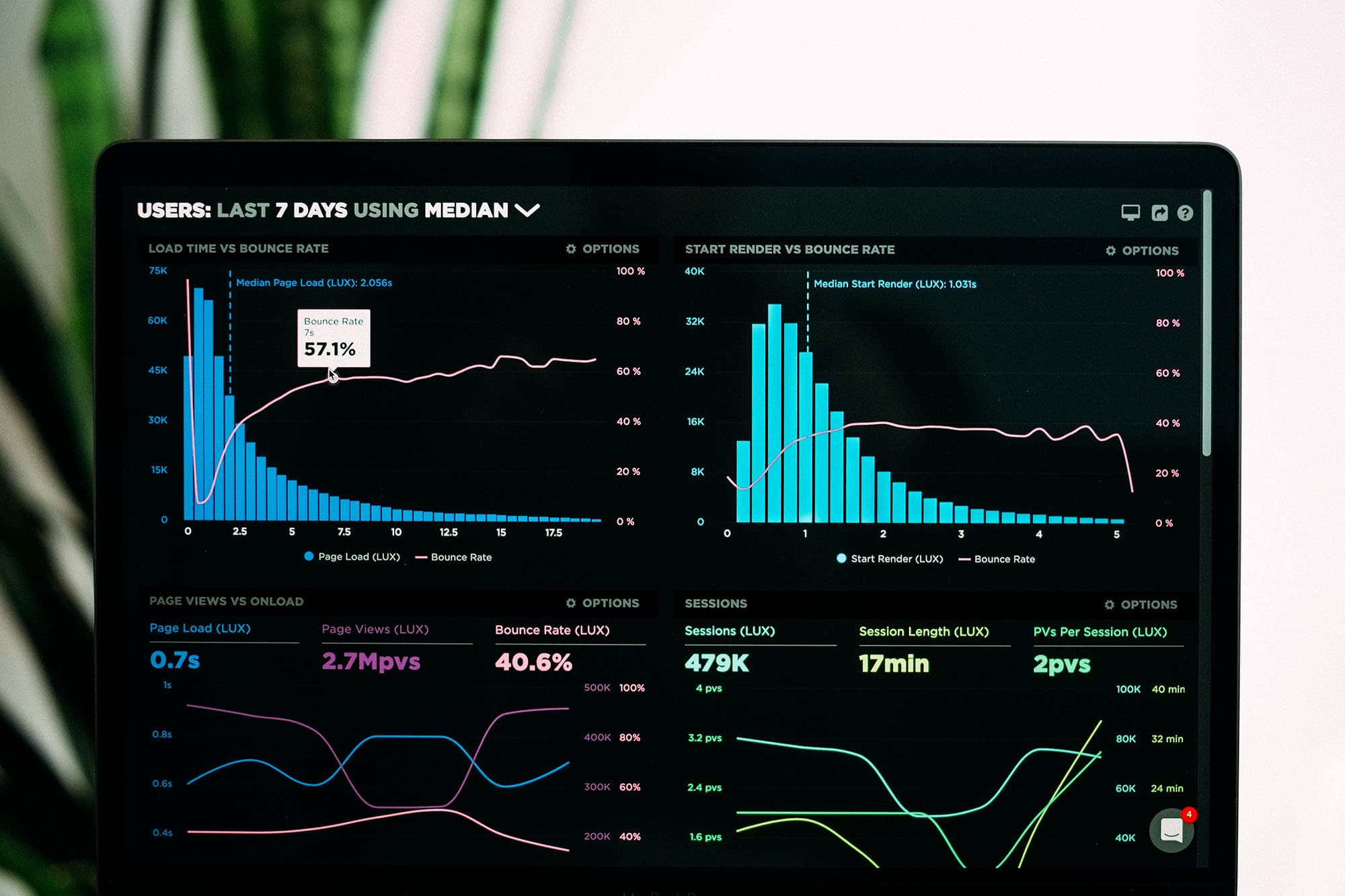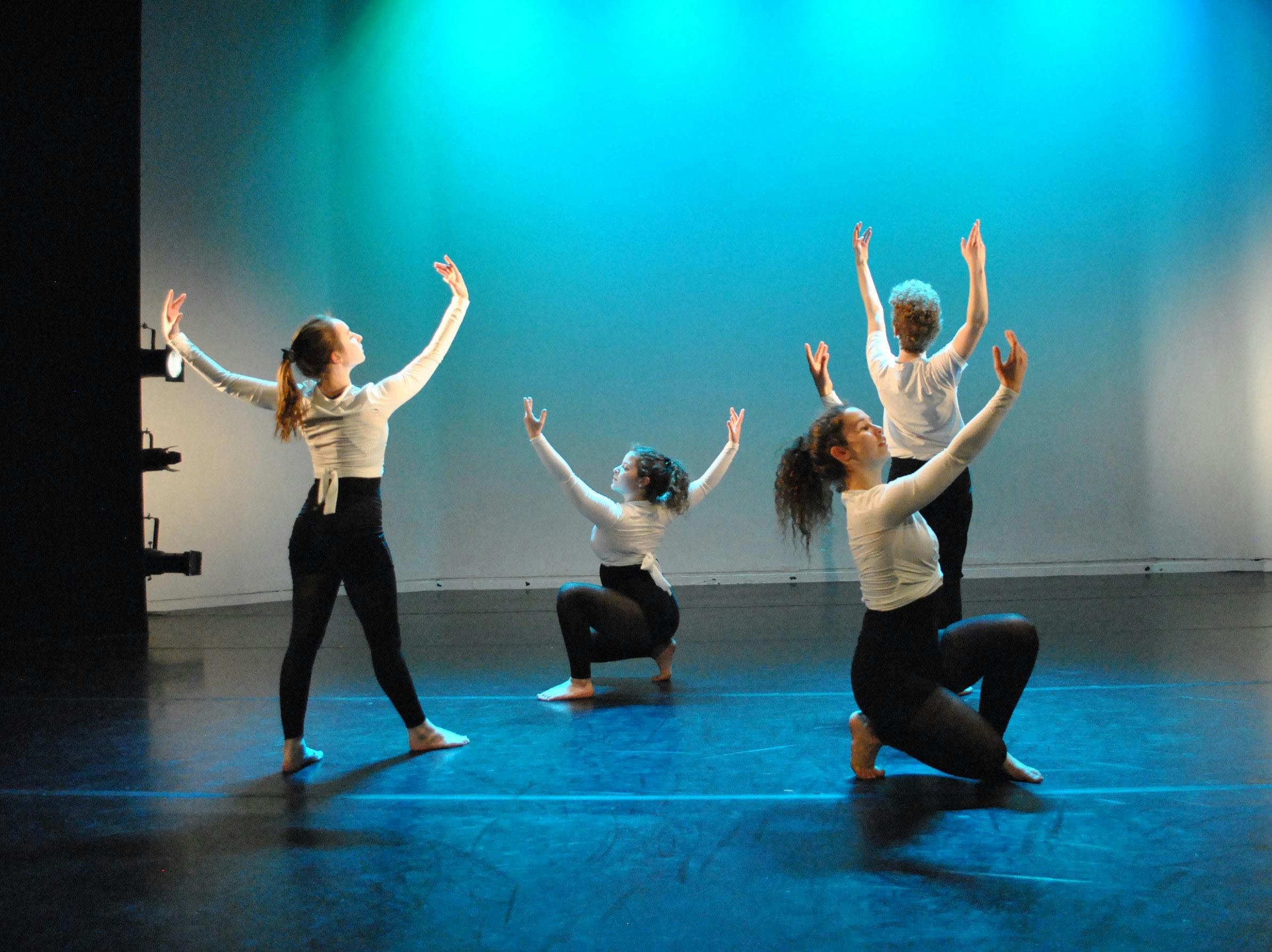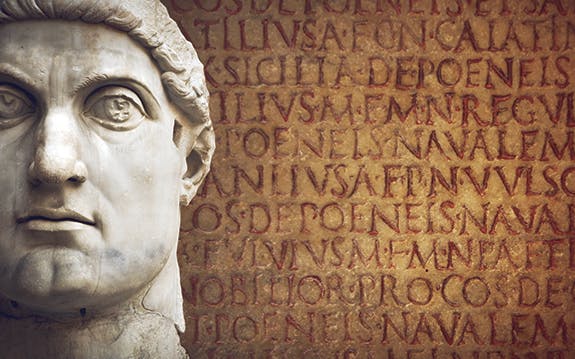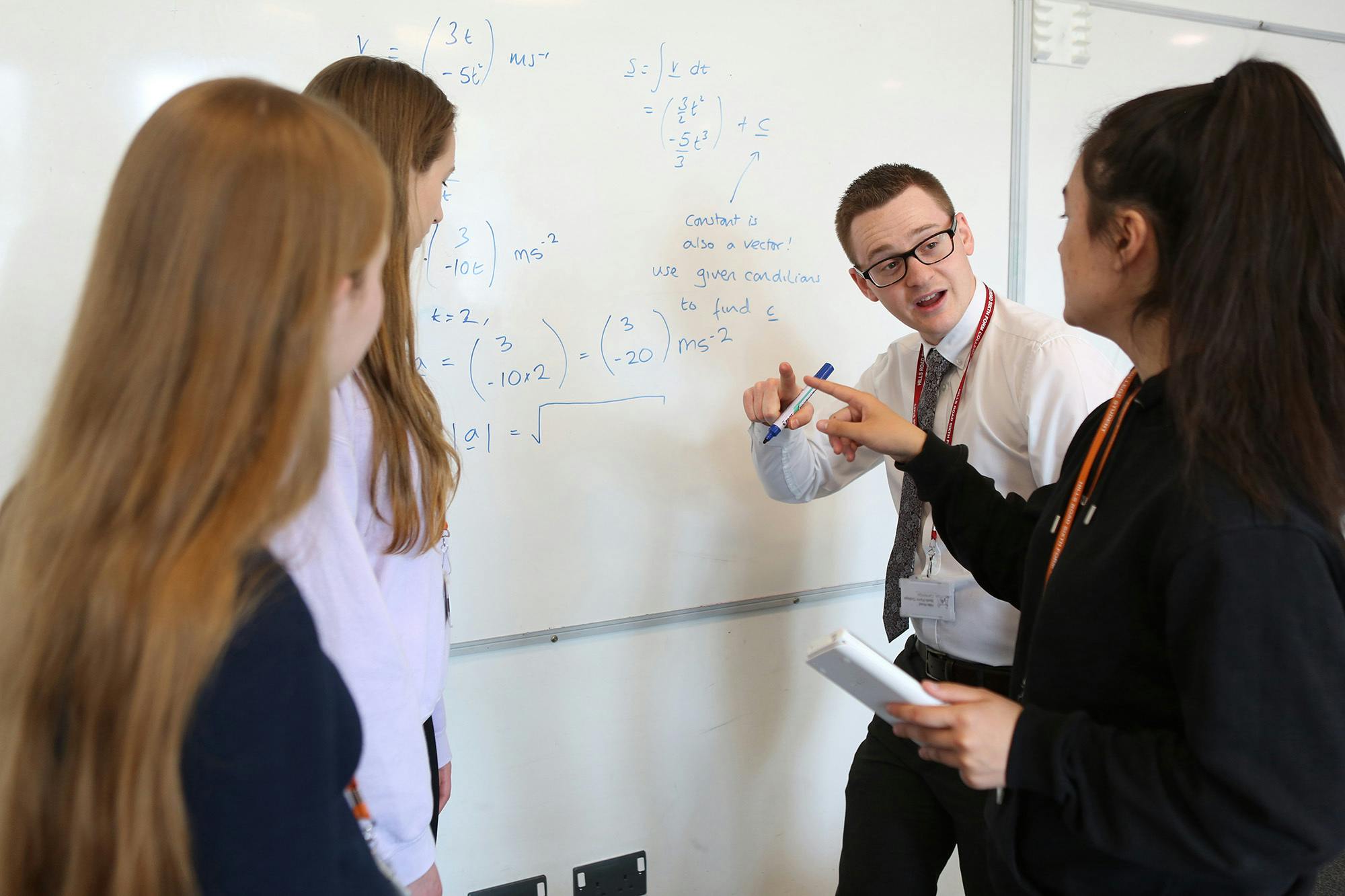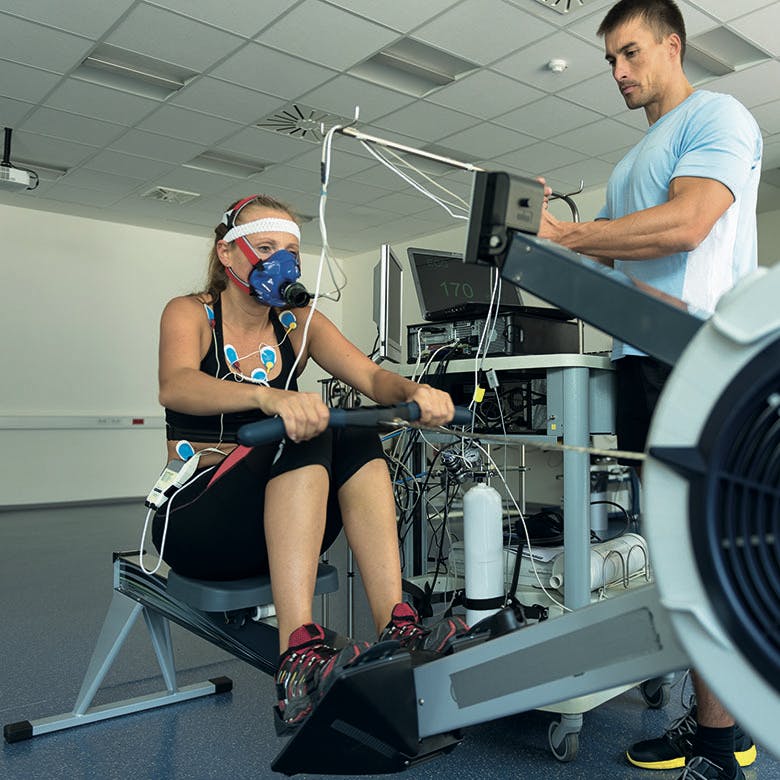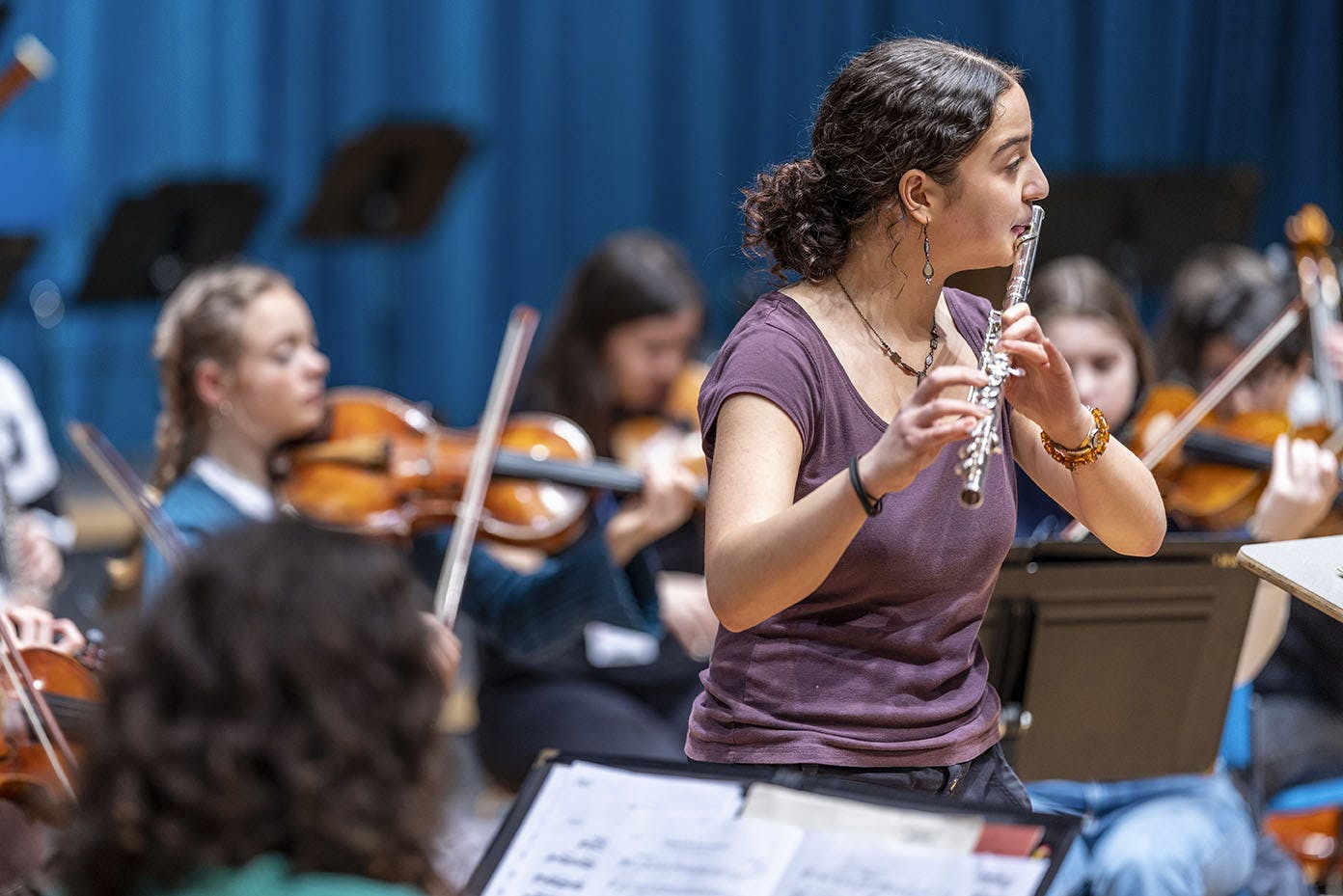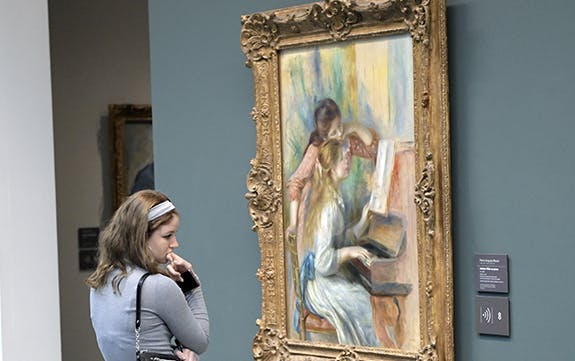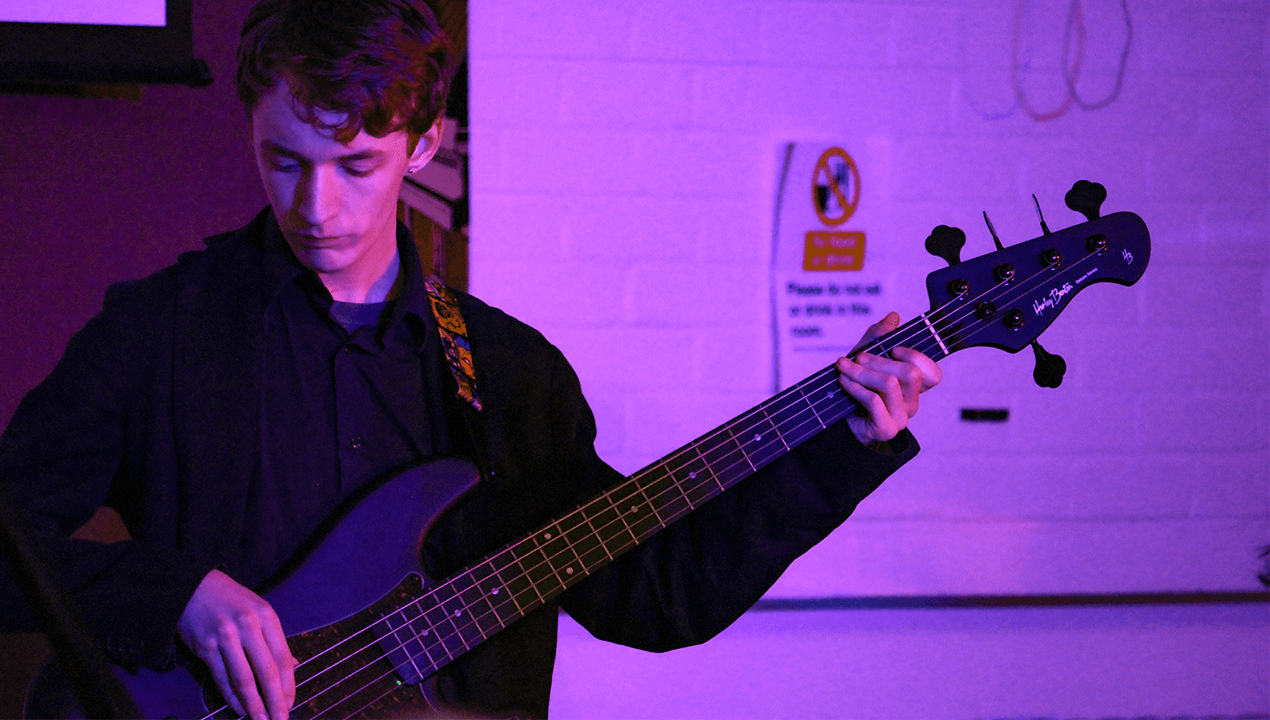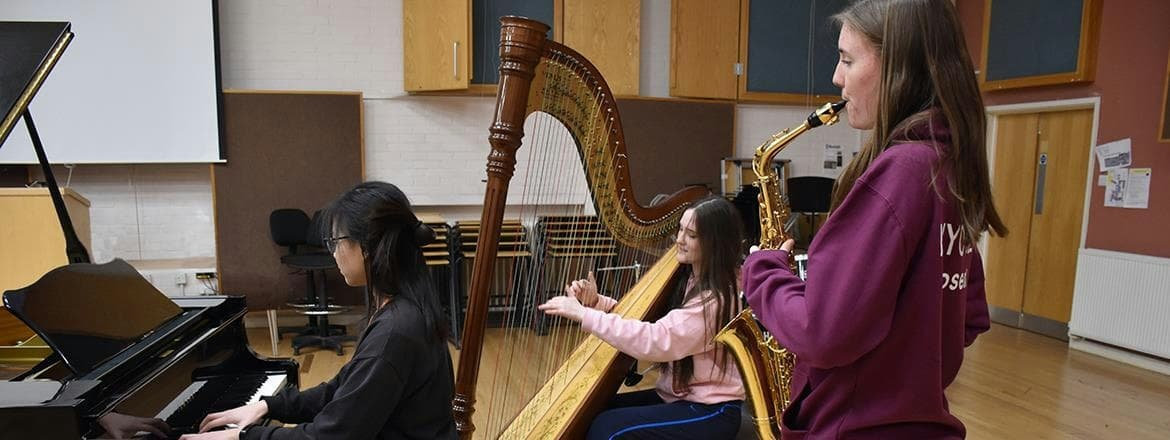
Music summer work
Overview
We are delighted to welcome you to the Music Department at Hills Road and hope that you will have a very enriching musical time here.
The work
'Summer Work’ for Music will help you to feel ready to tackle the Music A level course, especially the practical requirements of the course which need plenty of planning ahead. The summer work also explains resources needed in time for your start in Year 12.
Below are a few suggestions to help you prepare for the start of the Year 12 course. These could be tackled once you have enrolled at the start of the autumn term, in time before the main timetable commences. Alternatively, you could dip into them as soon as your schedule allows, as you explore new ways to take your musical skills to the next level.
Strongly Advised
1. Performance preparation: looking ahead
In Year 12 you will have three solo performance assessments and it would be a good idea to start thinking about suitable music for the first of these, which will take place shortly before the autumn half-term break in October. The music for the first practice assessment needs to last for around 2 minutes and can be of any standard you feel comfortable with, many students play / sing their ‘party piece’ from Year 11. For the second (January) and third (April) assessments, the music needs to last for 5-6 minutes and may consist of more than one piece.
The required standard in Year 12 is ideally Grade 6 (or above), and you should choose a piece in consultation with your singing or instrumental teacher. If you do not currently have a teacher, you must organise one. It is not sensible to tackle this 30% component of the course without specialist input. Please note that to access the full range of marks in Year 13, you need to aim to present music of Grade 7 (or above) standard. Chat to your specialist teacher about this, so that they can support you to explore suitable repertoire in plenty of time.
The College employs its own team of professional instrumental and singing teachers. Information about requesting individual music lessons at Hills Road has been sent out to everyone via the Admissions’ Team. Please note that the biggest mistake people make in performance assessments is choosing to play music that is unnecessarily difficult. Playing a piece that is too challenging for you may result in a low mark, as the mark scheme is very demanding, even more so than graded music exams.
2. Theory
A number of you may have already done quite a bit of theory work as part of your musical studies so far. If not, our suggestion is to aim to have a theory level equivalent to Grade 5 standard or above when you start the A level course. You can work at this yourself by purchasing Associated Board (ABRSM) Theory of Music workbooks and the AB Guide to Music Theory by Eric Cole is a good resource. There are also various online resources, see resources below, many of which are free.
Early in the autumn term we will ask you to complete some questions from a theory paper of Grade 5 standard to see how you are getting on. The Year 12 music course requires you to work harmony examples in treble and bass clef up to five sharps and five flats, so aim to build your expertise if you have done little theory work. It’s also really useful to have a good understanding of intervals, eg minor 3rds, diminished 5ths etc.
You’ll find a link below to the main A level textbook (Anthology of set works) which you will need to purchase in time for the start of the course.
3. Aural and Composition inspiration
Developing a strong musical ear is a key part of your musicianship. You should try to practise both practical aural skills (e.g. notating a short melody / rhythm, recognising chords and cadences) and context aural skills (suggesting when a piece of music was written and by whom). There are various online aural training resources, see our Digital Resources section below.
Try to practise aural skills with music that you listen to and aim to expand your listening knowledge through tuning in to Classic FM, Radio 3 or selected (past) concerts from the summer proms season (www.bbc.co.uk/proms, link below). You will be involved in composing work throughout your A level course, so you could also consider composing techniques as you listen to different works. Build up a collection of pieces which you find intriguing and try to unravel particular techniques a composer has used to make their piece so effective.
The main software students work with for compositions at A level is Logic and Sibelius. Whilst we appreciate some of you may have used these, or similar software previously, we assume no prior knowledge and do not expect you to have access to either at home. This is a great time to be exploring new software. Depending on your experience and ‘tech set up’, you could try musescore.org/en (link below), which is free or Sibelius First (also free) or (best of all) a free trial of Sibelius Ultimate. If you are Mac based and have access to a keyboard, Apple currently have a 90-day free trial of Logic Pro X, or explore GarageBand (free). If you have any questions around ‘tech set up’ and software, do email our Senior Music Technician, Mr Mark Davis mdavis@hillsroad.ac.uk who will be happy to advise.
4. Music activities
You will be sent information about the numerous musical activities taking place at Hills Road and about auditions for any groups that appeal to you for which an audition is required. Please note that it is an expectation that all Music students sing in College Choir (at least for the first term – it’s so valuable for your musicianship) and take part in at least one further musical activity as well. We are currently finalising our dates for concerts and other musical events taking place in the next academic year, and will talk you through the shape of the ‘musical’ year when we welcome you in September.
Digital resources
Below is a selection of digital resources that will help you to get prepared and ready to study A level Music. Click on the links below to access the resources.
Recommended course book
| Book title | EDEXCEL AS/A LEVEL ANTHOLOGY OF MUSIC | JULIA WINTERSON (there is no need to purchase the accompanying CDs). A few 2nd hand copies of this may be available in September from the College library or Music Department. |
|---|---|
| ISBN | 9781292118369 |
| Digital version | No |




